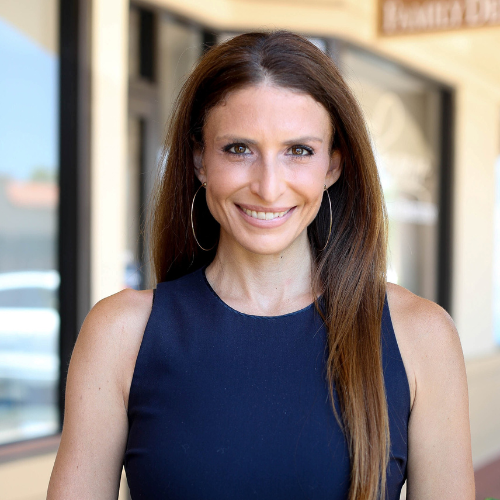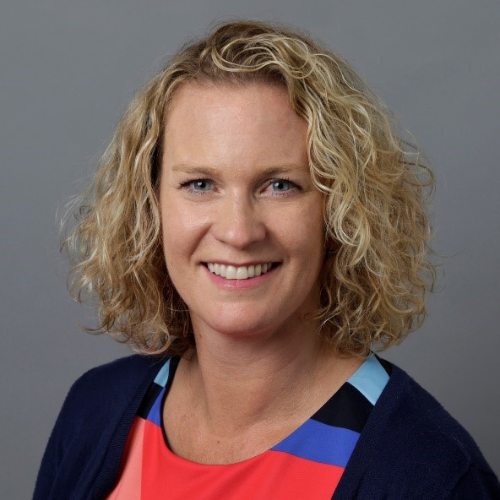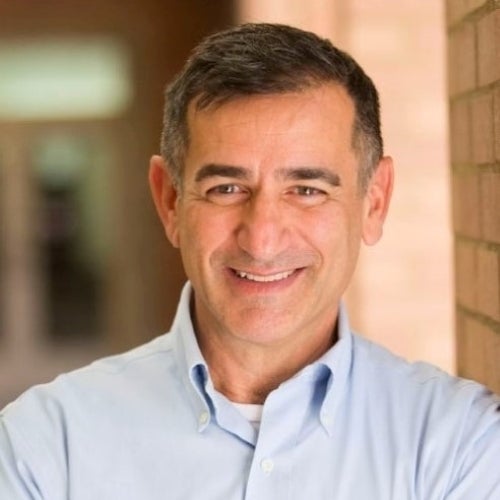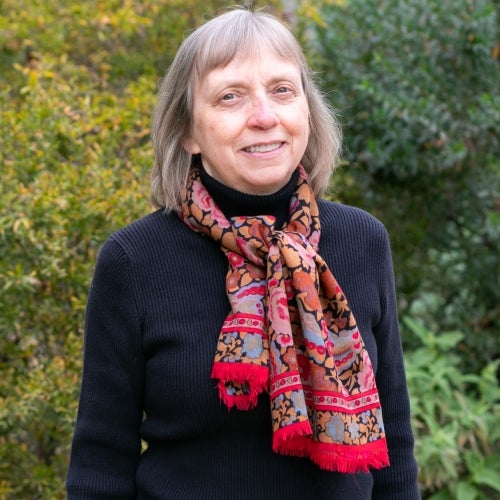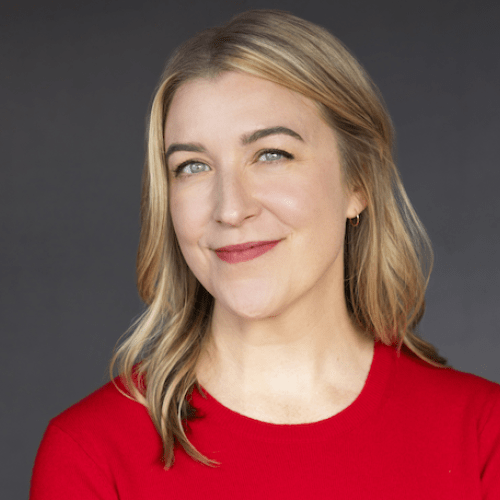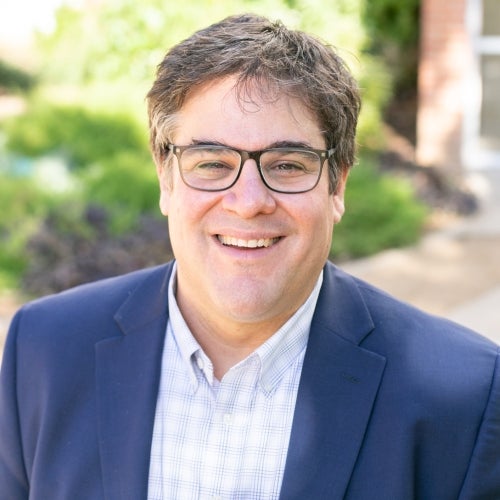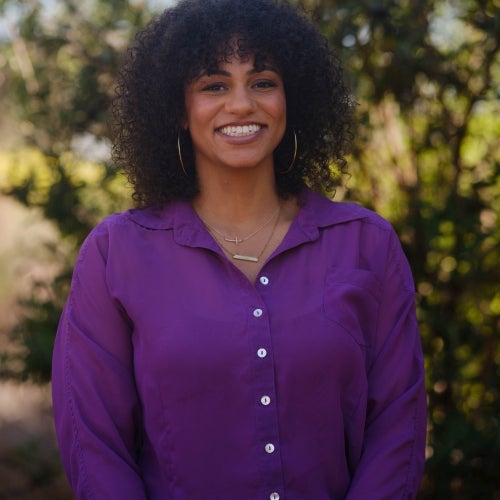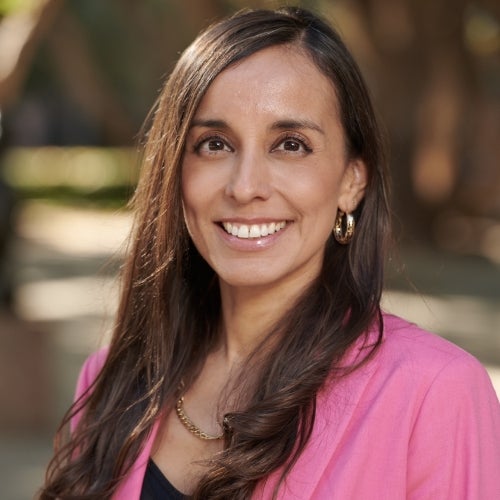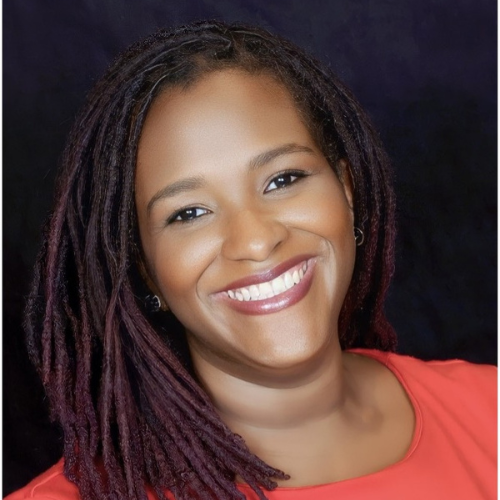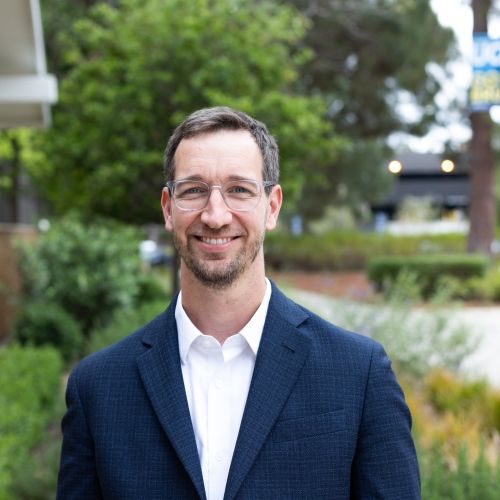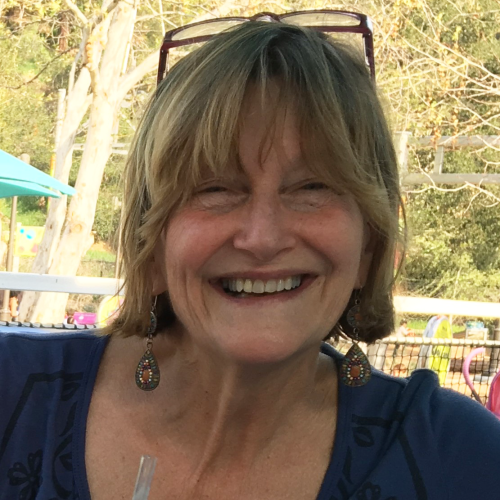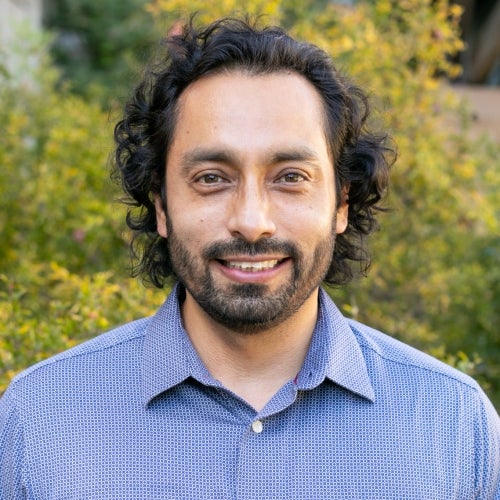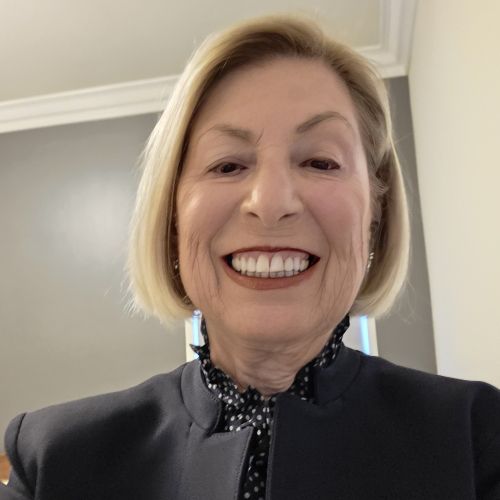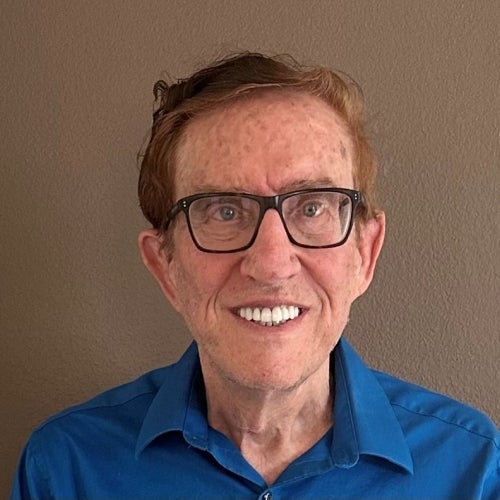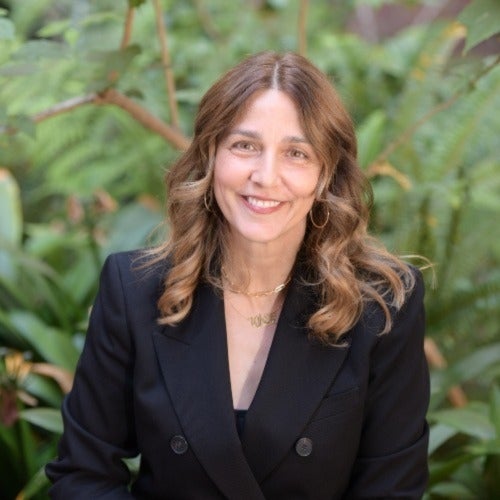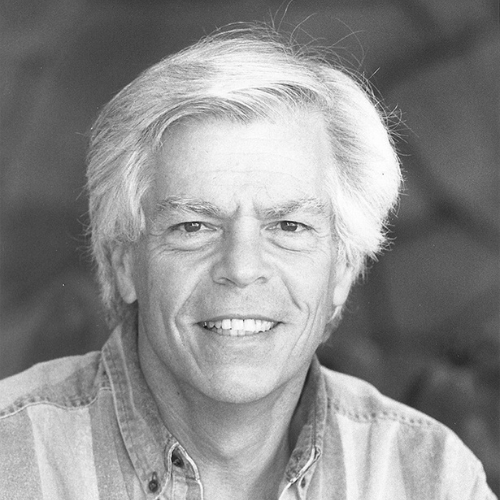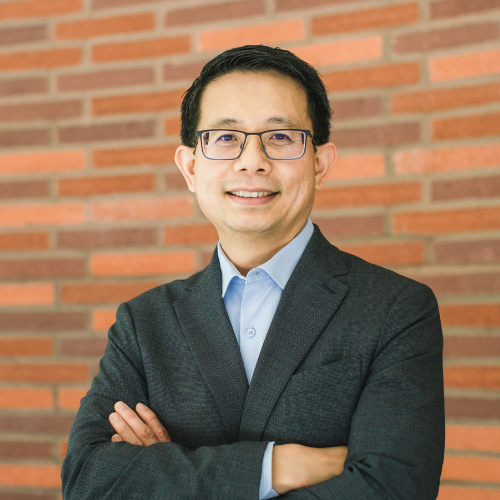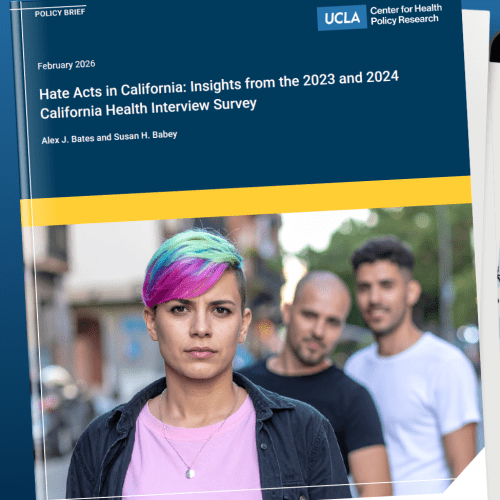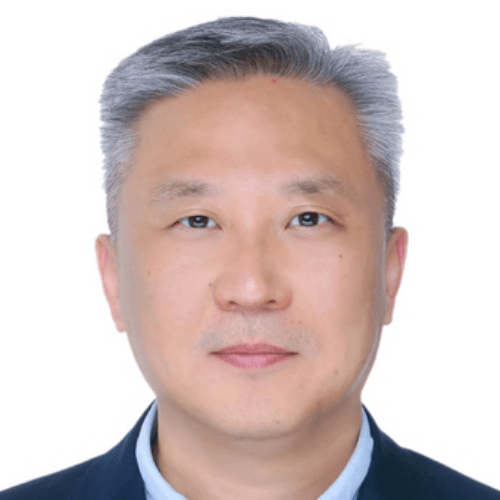"A Tribute to the Contributions of Dr. Steven P. Wallace to Aging Research"
The Journal of Aging and Health has published a special edition of the journal as a tribute to the work of the late Dr. Steven Wallace
Dr. Steven P. Wallace, the late professor of community health sciences at the UCLA Fielding School of Public Health, has been honored by the Journal of Aging and Health with a special edition as a tribute to his work as a leader in the field of minority aging research.
Wallace was an accomplished researcher, a dedicated teacher, and an inspirational leader in field of minority aging research. He was committed to educating the next generation of thinkers and activists, a champion of diversity and inclusion efforts, and a tireless promoter of equity in biomedicine and public health. Dr. Wallace was a professor in the Fielding School of Public Health at UCLA for 31 years. At the time of his passing in March 2021, he was the associate director for the UCLA Center for Health Policy Research and Principal Investigator for the Resource Centers for Minority Aging Research (RCMAR) Coordinating Center. During his career, he published more than 100 papers for scientific journals, wrote letters to editors and op-ed articles for local and national newspapers, and authored over 30 book chapters, and dozens of policy briefs and reports. He influenced California health policy through his research on the true cost of living for older residents (Elder Index) which resulted in legislation requiring the Elder Index to be applied by state agencies to strategic planning calculations. Dr. Wallace led numerous federal, statewide, and foundation grants, generally focused on aging and health issues, social determinants of health inequities in different populations, and public policy and community interventions that can improve health equity. His research explored disparities in the consequences of health policy changes on racial/ethnic minority elderly, including older Latinos, American Indians/Alaska Natives, Asian-Pacific Islander Americans, and African-Americans. In addition to his academic impact, he was a great teacher and mentor to many, including us.
As a first generation, college-going Chicana, Steve’s unwavering support and patient guidance was most unexpected, yet incredibly meaningful. I (LG) met Steve while working with the Coordination and Evaluation Center of the NIH-funded Diversity Program Consortium at the David Geffen School of Medicine at UCLA. I did not have the pleasure of being his student or having him as an academic advisor, but his impact on my academic career has been invaluable. He was one of the few people that was able to see beyond my self-imposed limitations of being a multidisciplinary scholar and encouraged me to take a leadership role with the RCMAR Coordinating Center, which he had led for almost 20 years. We co-taught a doctoral seminar on Race, Class, Culture, and Aging in the fall of 2020 and had an article published, almost at the time of his passing, on the impact of COVID-19 on diverse older adults using the World Health Organization’s Health Inequity Causal Model to identify different factors that may be driving the higher observed hospitalizations and deaths among older adults of color compared to non-Latino Whites in the United States. He was teaching me how to navigate academia and mentoring me in the ways of NIH, all while leading by example on how to manage large-scale projects with grace. I write this in- troductory chapter in his honor and in my current capacity as Multiple Principal Investigator of the RCMAR Coordinating Center at UCLA.
As with all Steve’s students, I feel deeply fortunate for his mentorship and his lasting impact on my life and career. I (JMT) was Steve’s doctoral student at UCLA from 2009 to 2014; during this time, I came to work with his team as part of an effort to understand the impact of the Great Recession on low-income older adults and their caregivers throughout California. We additionally collaborated on multiple projects related to the impacts of immigration policy on health, re- flecting his broad interests in actionable research to identify and improve sources of health inequity in the United States and globally. I was always in awe of Steve’s deep intellect, poignant writing, boundless energy, and commitment to leveraging his research for action and justice in partnership with diverse stakeholders. However, the most enduring impact he had on me as a scholar and now mentor of emerging aging and health equity researchers was his commitment to supporting and celebrating his students and colleagues with humanity, humor, and kindness. I am honored to support Dr. Guerrero as part of this special issue dedicated to Steve’s memory.
By Dr. Lourdes R. Guerrero and Dr. Jacqueline Torres
The Journal of Aging and Health has published a special edition as a tribute to the work of the late Dr. Steven Wallace

Professor of Community Health Sciences & Health Policy and Management, and Associate Dean for Research
Nationally recognized health services researcher and sociomedical scientist with 25+ years' experience in effectiveness and implementation research.

EMPH Academic Program Director with expertise in healthcare marketing, finance, and reproductive health policy, teaching in the EMPH, MPH, MHA program

Dr. Ron Andersen is the Wasserman Professor Emeritus in the UCLA Departments of Health Policy and Management.

Dr. Michelle S. Keller is a health services researcher whose research focuses on the use and prescribing of high-risk medications.


